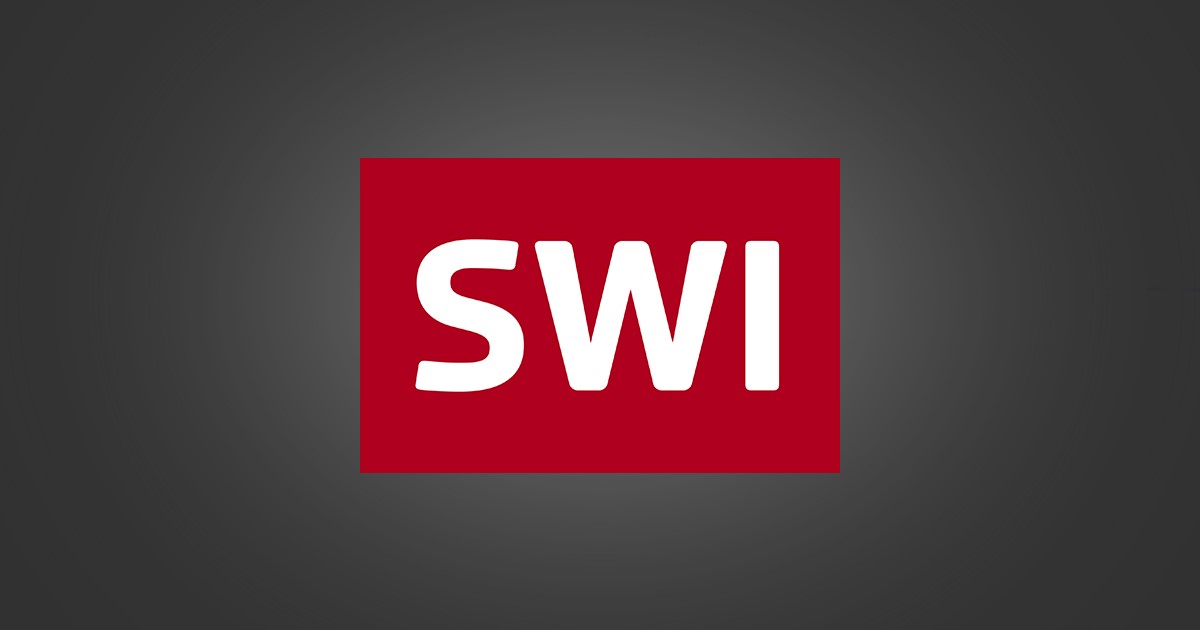Covering the Ugandan Elections as a Journalist: A High-Risk Profession

Lucia Blanco Grace
Nairobi, Jan.13 (EFE). – The work of at least seventeen journalists has been of grave concern by the police since November in Uganda, the country that is holding presidential elections tomorrow marked by an election campaign “extremely hostile” to the press, according to the Committee to Protect Journalists.
“The attacks from multiple fronts have made working as a journalist on the ground very difficult and dangerous, specifically to cover opposition,” said CPJ representative in Sub-Saharan Africa, Mutoki Momo, in an interview with Effie. .
Since the beginning of November, CPJ, Reporters Without Borders, and other organizations have documented a long list of attacks in which informants have not been punished by law enforcement agencies, and sometimes by members of the civilian population.
Deliberate attacks
Freelance cameraman Moses Boayu suffered from police brutality on November 5 when a police officer shot him in the face with a rubber bullet in Kampala while covering an election campaign for opposition folk musician Bobby Wayne.
Poyo, who tried to protect his face with the camera, ended up in the hospital and when he went to report what happened at a police station they didn’t even give him a reference number indicating that his case had been officially registered.
“Attacks like this in which individuals can be clearly identified as journalists make us believe they are deliberate and that there is a willingness to prosecute them,” says Momo.
On another occasion, on 11 December, up to six local reporters from various private radio and television stations were beaten with batons and rifle butts by agents in the northern Lira region, while they were covering a wine campaign.
Speaking to CPJ, Moussa Wissa, one of the journalists who was attacked, explained that he sustained a head wound during the attack, before running away and hiding for an hour in a swamp, after which he was taken to hospital for two days with a severe headache.
One of his colleagues, Atosenguez Junan, stated that the officers had broken his hand.
One of the most serious incidents occurred shortly thereafter, on December 27, when police shot a minor journalist, Saif El-Ilah Ashraf from the independent Ghetto TV channel, in the head, other colleagues who witnessed the scene told CPJ.
According to the reporters, they shot him with a rubber bullet, but the police later claimed it was a tear gas canister: Ashraf ended up in the hospital and to this day he is unable to work and has difficulties speaking.
Escape the police
So far, no agent has been prosecuted or removed from the body for his actions, despite empty promises to the citizens and journalists who were attacked that they will “investigate the facts.”
However, Momo condemns the biased response when it comes to humiliation committed by civilians and not by law enforcement officials, because in this case, those responsible are brought to justice.
On November 11, several men attacked the team of the private NBS TV station, damaging their car and stealing their computers. The next day, the suspect was identified and detained thanks to photos that other journalists had recorded.
“What I take away from this is that the ability to bring those responsible to justice is there, the regulations are there, but the will (to do this when they are police officers) is not,” Momo denounces.
“The fact that this is happening again and again without accountability indicates that the problem goes beyond the police force and affects the entire (President) Museveni government,” the expert continues.
Growing hate speech
After four years of Donald Trump’s presence in the US, a CPJ representative notes that Yoweri Museveni, who has held power for 35 years, shares the outgoing US president with the same rejectionist speech and media censorship.
The Ugandan president has described the press as “evil” and “stupid” on several occasions, and even referred to Trump in the 2020 statement to refer to so-called “fake news” in his country.
The researcher concludes that “it is difficult to talk about cause and effect, but we have seen that Trump’s anti-press rhetoric has an echo in East Africa as well.”
Since the 2016 general election, press freedom has only deteriorated in Uganda, dropping 23 places on the annual World Press Freedom Index published by Reporters Without Borders, and now ranks 125th out of 180 countries. EFE
lbg / pms / jgb
© EFE 2021. The redistribution and redistribution of all or part of the contents of the EFE Services is expressly prohibited, without the prior and explicit consent of EFE SA

“Coffee fanatic. Gamer. Award-winning zombie lover. Student. Hardcore internet advocate. Twitter guru. Subtly charming bacon nerd. Thinker.”











